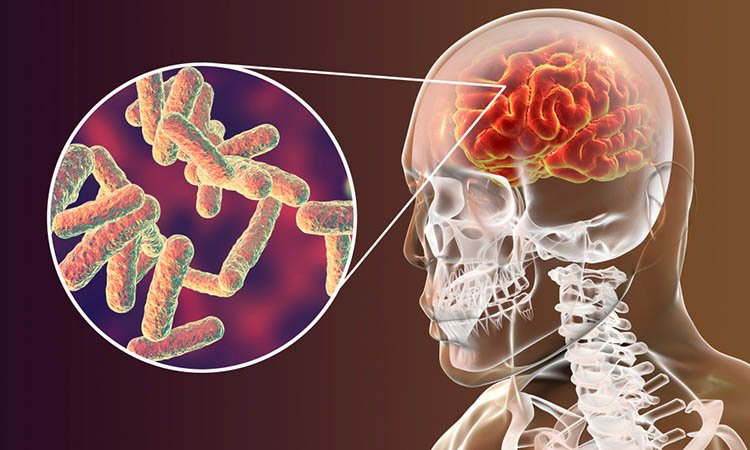Simple molecule could combat antibiotic-resistant gonorrhoea and meningitis, study shows
Posted: 25 November 2020 | Victoria Rees (Drug Target Review) | No comments yet
An inexpensive molecule showed efficacy against antibiotic-resistant Neisseria gonorrhoeae and Neisseria meningitidis in an animal model.


A group of researchers has demonstrated the effectiveness of an inexpensive molecule to fight antibiotic-resistant strains of the bacteria responsible for gonorrhoea and meningococcal meningitis. The study was conducted at the Institut national de la recherche scientifique (INRS), Canada.
According to the researchers, some strains of Neisseria gonorrhoeae have developed resistance to all effective antibiotics. Resistant strains of Neisseria meningitidis have also emerged. The researchers highlight that unlike other bacteria, Neisseria that cause meningitis and gonorrhoea evolve very rapidly because of certain intrinsic properties. For example, they have a great capacity to acquire genes from other bacteria. They also have a suboptimal DNA repair system that leads to mutations; antibiotic resistance can therefore easily emerge. The fact that these diseases affect many people around the world also gives them many opportunities to evolve, explaining why it is urgent to develop new ways to fight these bacteria.
The team found an inexpensive, simple molecule that demonstrated efficacy in bacterial cultures and in a model of infection.
“We noticed that the molecule only affects pathogenic Neisseria. It does not affect other types of Neisseria that are found in the upper respiratory system and can be beneficial,” said Professor Frédéric Veyrier, one of the lead researchers.
During its experiments, the research team tested whether there was any possible resistance to the molecule: “We were able to isolate strains of bacteria that were less sensitive to the treatment, but this resistance was a double-edged sword because these mutants completely lost their virulence,” said Veyrier.
The team does not know exactly why the molecule reacts specifically with the two types of antibiotic-resistant Neisseria, but they suspect a connection with the membrane of these pathogens. The researchers say the next step will be to modify the structure of the molecule to make it more efficient, while maintaining its specificity. In parallel, the team wishes to identify an industrial partner to evaluate the possibility of developing a potential treatment.
The findings were published in Antimicrobial Agents and Chemotherapy.
Related topics
Antibiotics, Antimicrobials, Drug Discovery, Drug Leads, Drug Targets
Related conditions
Gonorrhoea, Meningitis
Related organisations
Institut National de la Recherche Scientifique (INRS)
Related people
Professor Frédéric Veyrier



